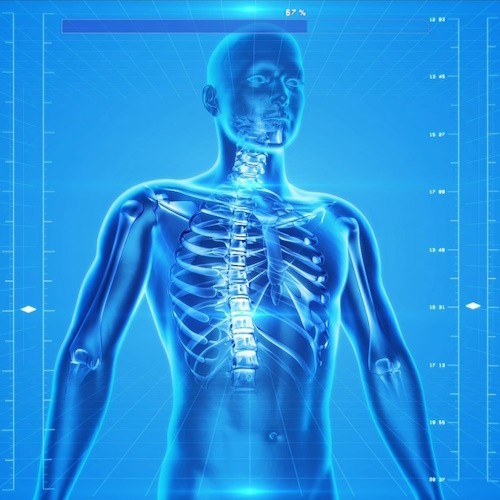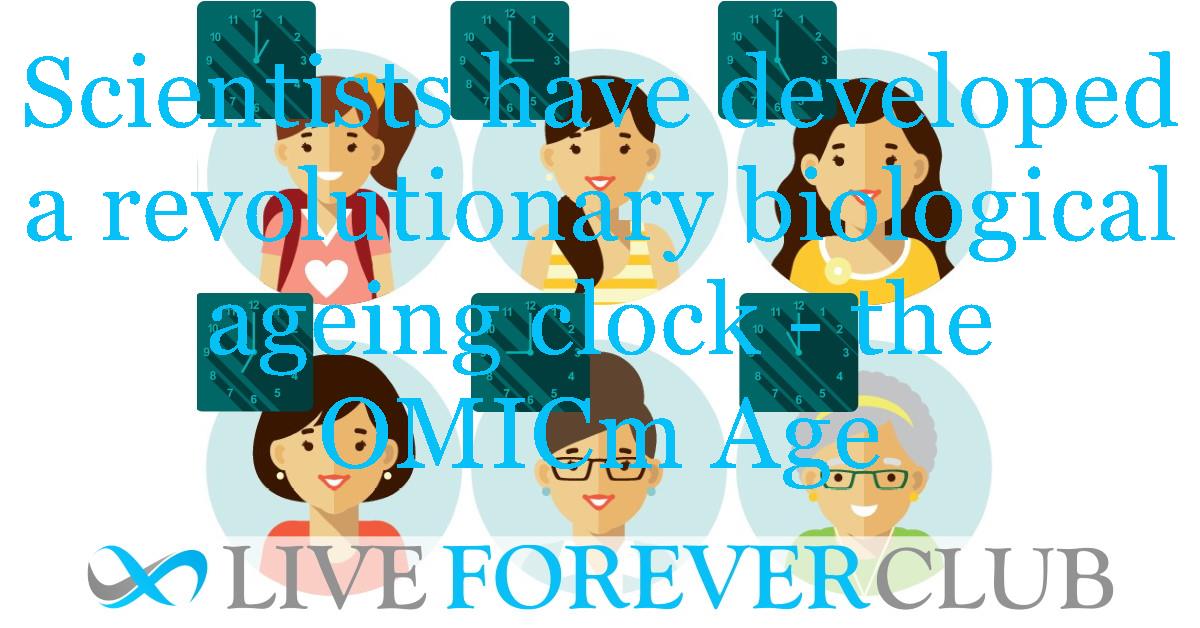In a groundbreaking study, scientists from Harvard University and TruDiagnostic, an epigenetic research company, have developed a new biological ageing clock, the OMICm Age, which outperforms previous age calculating methods. This revolutionary development could pave the way for targeted medical treatments to reduce age-related death and disease.
Age is the primary risk factor for most chronic diseases and death worldwide. The new OMICm Age clock, created from one of the largest multi omic ageing datasets ever developed, offers a more accurate method of evaluating health and ageing. Unlike previous DNA methylation clocks, which could only determine how advanced one's body has aged, the OMICm Age clock can provide insights into why someone might have accelerated or decelerated ageing outcomes.
The OMICm Age clock was developed by gathering data across multiple sources, including patients' proteomics, metabolomics, clinical histories, and DNA methylation. The findings from the OMICm Age study showed that the new clock could predict death with approximately 90% accuracy over 10 years, a significant improvement over previous methods.
The implications of this development are far-reaching. For instance, if someone with an OMICm Age of 60 was able to reverse their age by one year, their projected survival time would increase by 1.7 years. This could potentially lead to a significant economic boost, with a one-year increase in national life expectancy estimated to contribute $38 trillion to the U.S. economy.
The OMICm Age study also led to the creation of novel methylation algorithms that can quantify other important clinical biomarkers. These algorithms can predict values like fasting glucose or triglycerides from a simple finger stick blood sample, providing greater resolution of the multiple changes that occur with age and identifying why people age in different ways.
The OMICm Age clock is the first of its kind to include proteomic, clinical, and metabolomic data in its training. It has shown the highest published precision of any clock, with an intraclass correlation of .997, indicating its high accuracy. It also showed the highest correlation to disease outcomes compared to any previous epigenetic clock.
The development of the OMICm Age clock is a significant step forward in our understanding of ageing. It provides a more accurate and comprehensive measure of biological ageing, which could lead to more targeted and effective treatments for age-related diseases. The future of this research includes looking at unique metabolites and proteins correlated to longevity and incorporating more features into the algorithm training.
In conclusion, the OMICm Age clock represents a significant advancement in our ability to quantify and understand the biological ageing process. It provides a more accurate and comprehensive measure of biological ageing, which could lead to more targeted and effective treatments for age-related diseases. The future of this research is promising, with the potential to uncover new insights into the complex process of ageing and develop more effective strategies for promoting health and longevity.







